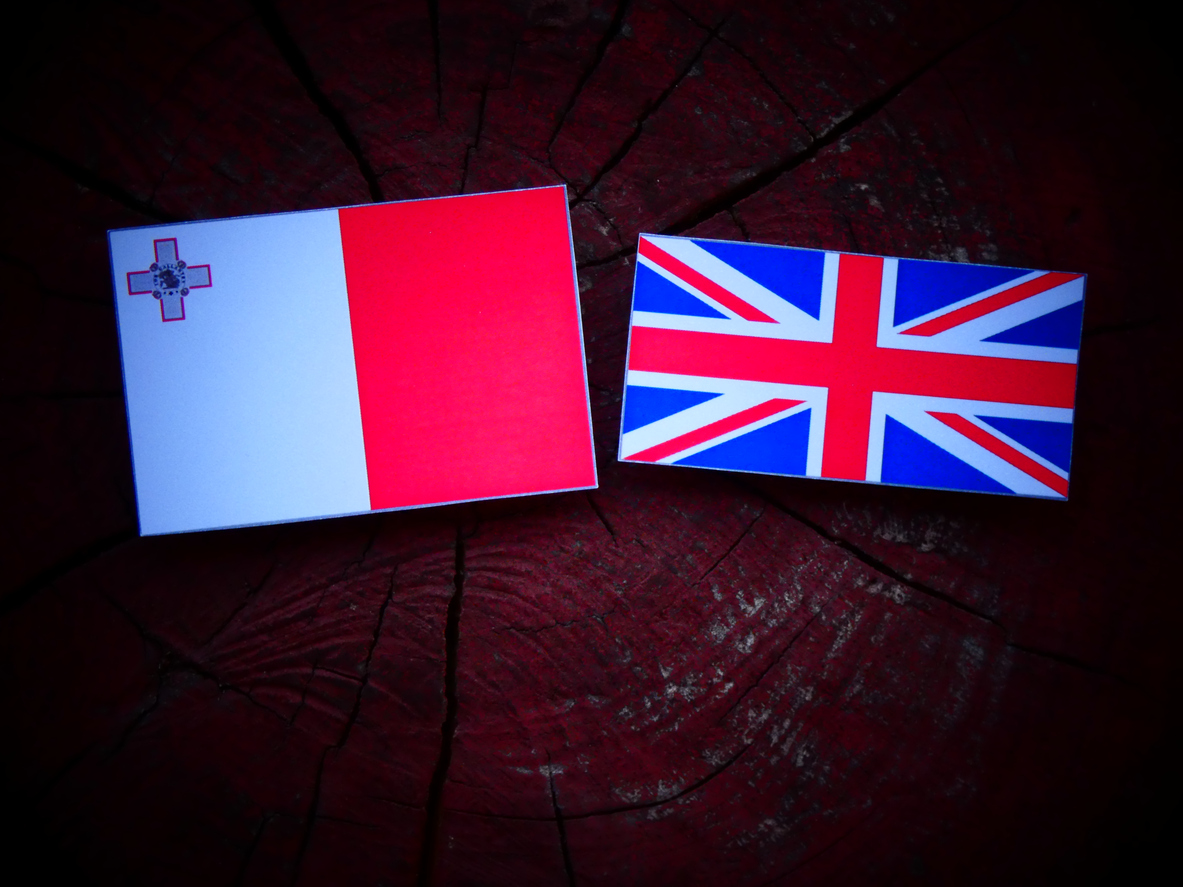The impact of the UK’s departure from the EU on Malta and beyond

The United Kingdom ceased to be a member of the European Union on 1 February 2020 and embarked on a period of transition that ends at the end of the year. During this period the two sides must negotiate and agree on the nature of the relationship come next 1 January.
Dr. Philip von Brockdorff, the Head of Economics Department at the University of Malta, in an interview with Voice of the Workers, said that it is difficult to predict what the consequences of future negotiations, negotiations that are going to commence in the coming weeks, are going to be. “We do not know if there is going to be some agreement reached on a tariff, or not an agreement … but instead a sort of arrangement based on the World Trade Organisation (WTO), what is referred to as a hard Brexit … so we cannot predict the impact that will be felt later on this year”, said Dr. von Brockdorff.
If no agreement is drawn up, we will have a hard Brexit, and the European Union will apply tariffs on a number of products entering the United Kingdom. This means that exporters from the United Kingdom to Europe will be subject to tariffs. On the other hand, Maltese exporters to the United Kingdom will also be subjected to tariffs on a number of products. One has to wait and see what these products will be and what tariffs will be applied.
If there is an agreement, that is a zero tariff agreement, no tariff will be applied to any product and the outcome will be an agreement on free trade between the European Union and the United Kingdom. However, everything depends on the negotiations.
One should keep in mind that Prime Minister Boris Johnson had said that an agreement needs to be reached by the end of this year so this will increase pressure to come to an agreement. The British Prime Minister also said that the agreement should be drawn up along the lines of the one with Canada but that could be a long drawn out process as the agreement between Canada and the European Union had taken many years to draw up. Under the existing agreement between the EU and Canada, tariffs on the importation of a number of products have been waived by both sides, though there are still some verification to be carried out at customs and regarding VAT.
Dr. von Brockdorff added that the European Union needs to defend its position with regard to certain laws to ensure that the United Kingdom is not advantaged over the European Union in terms of trade. The United Kingdom has two main aims – to protect its financial sector and safeguard its products. There is also the important fishing sector where the European Union can insist that European fishermen can continue to fish in the seas surrounding the United Kingdom. This is expected to be a thorny issue in the negotiations between the two parties.
Asked on the impact on Maltese working in the United Kingdom, Dr. von Brockdorff said that until the end of this year no problems are envisaged because everything is expected to remain as it was. One has to see what is to happen at the end of the year. For those who are currently working in the United Kingdom, the current agreement will stay in place and will be extended post-2020. Eventually this agreement will become more restrictive for Maltese workers who want to work in the United Kingdom. A new protocol based on qualifications and competences will be put in place to restrict the number of workers from the European Union, including Maltese workers, who want to work in the United Kingdom. This will mean that not all Maltese workers will be able to work in England.
Dr. von Brockdorff spoke about the absence of the United Kingdom in the Council of Ministers. This is detrimental to our country, particularly in issues concerning taxation. Another negative aspect regards the European budget that is currently being negotiated and is expected to be concluded in the next few months. If the budget is cut, it will affect the financial package allocated to Malta through several programmes including the ESF and ERDF.
The tourist industry can also be badly affected. It could be that the additional expenses that will be borne by British residents who look at Malta as a tourist destination will lead them to look elsewhere.
Political pundits are saying that this is “a new era for the EU but it can be the beginning of the end for the regional institution”. Dr. von Brockdorff believes that this is a big threat to the European Union. If another country, following the United Kingdom, decides to do the same thing for one reason or another, the European institutions will be threatened. The European Union will continue to work if it carries on with enlargement. If the number of members decreases, the institutions will be threatened and there will be less trust in institutions and in the European project. This is the biggest possible risk to the EU.
